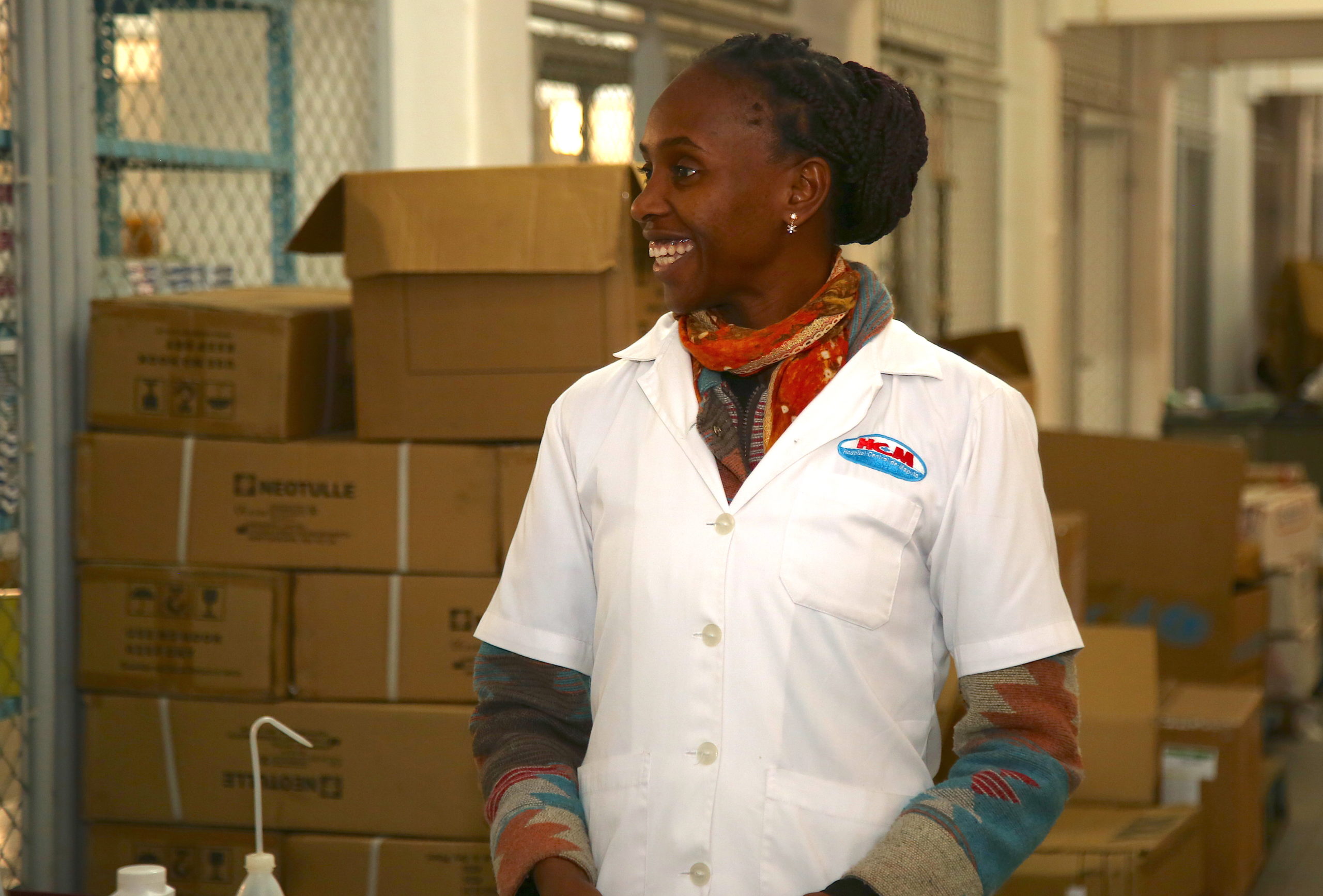When a doctor requests treatment for a patient in an out-of-reach country, my job is to ensure medicine gets to that patient. Multiply this by 30,000 patients across 70+ countries, and our supply chain becomes a complex system of forecasting demand, requesting donations, shipping medicines, tracking product and confirming deliveries at each destination.
I recently spoke at the ReConnect 2021 conference, along with my colleague Michael Wrigglesworth, Senior Director of Program Strategy and Data Solutions, about how The Max Foundation connects supply chain and technology. It was an opportunity to share how our unique patient-centric model is supported by our supply chain activities that increase global access to treatment.
The two-day event featured speakers from diverse organizations, including other NGOs, such as VillageReach discussing drone delivery of medicines, and industry, such as logistics provider Expeditors International. Our presentation was entitled “Medicine Distribution in Low- and Middle-Income Countries: Technologies and Supply Chains” and was moderated by Dr. Surya Pathak, professor at the University of Washington School of Business.
The well-organized conference enabled us to provide some practical examples of how our Patient Access Tracking System is enhancing processes to make our supply chain more data-driven. Through interconnected technology, we’re able to successfully track stocks of medicine and forecast for future deliveries, all to get medicine into the hands of those in need. Particularly over the past 18 months of the global pandemic, we have remained resolute in our commitment to maximize our impact through innovation and collaboration.

